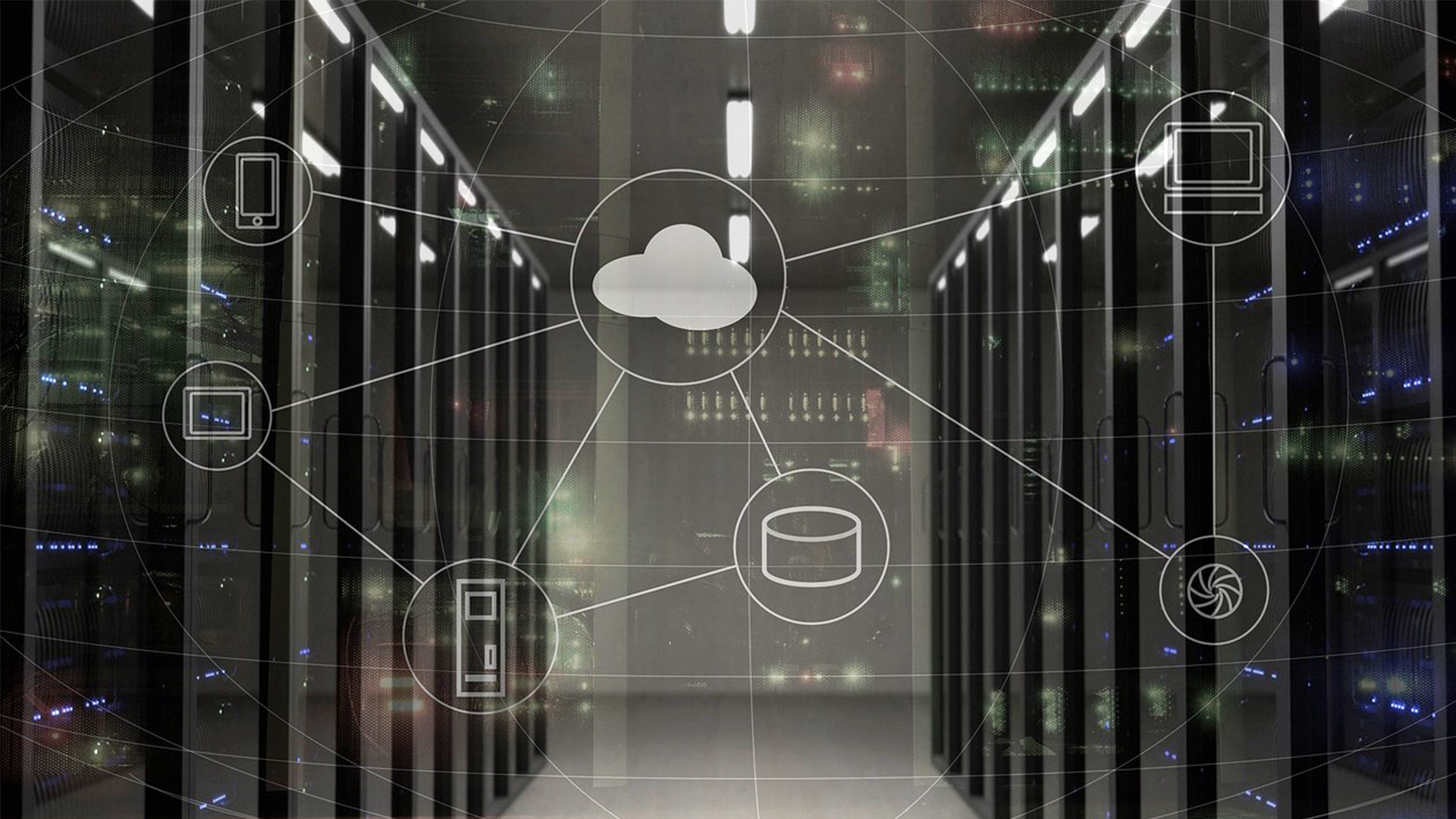The SLA contains information on minimum quality standards ("service level") that must be met by the respective SaaS or other cloud services.
The uninterrupted availability of the SaaS or other cloud services promised in the SLA is particularly relevant. This refers to the extent to which it is guaranteed that the corresponding services can be accessed and used as agreed.
As part of an SLA, particular attention should therefore be paid to the following:
It makes a considerable difference whether the availability is 98% monthly or 98% annually, for example. At 98% per year, the maximum permissible downtime is approx. 7 days and 7 hours in a row per year. With 98% per month, on the other hand, it is approx. 14 hours at a time per month.
Many SLAs list a large number of cases that do not count as a failure of the SaaS or other cloud services. These exceptional cases are not taken into account when checking whether the promised availability has been met.
Classic exceptions are:
- Planned maintenance windows
- Force majeure
- Fault of the customer
- In addition, some SLAs contain specific exceptions, such as for certain error messages or if a failure is caused by a subcontractor of the provider.
The more exceptions there are to the SLA, the more this affects the promised performance parameters, such as availability.
Umso mehr Ausnahmen vom SLA vorgesehen sind, desto mehr wirkt sich dies auf die versprochenen Leistungsparameter wie bspw. die Verfügbarkeit aus.
- Response and remedy periods
In addition, some SLAs shorten the statutory rights of the user organization under German law in the event of a breach of the SLA (e.g. claims for damages, defect rights). This can be accompanied by extensive exclusions of liability. If these are effective, this is good for the service provider and bad for the customer.
- § Rights of the user organization
In addition, some SLAs shorten the statutory rights of the user organization under German law in the event of a breach of the SLA (e.g. claims for damages, defect rights). This can be accompanied by extensive exclusions of liability. If these are effective, this is good for the service provider and bad for the customer.
 We know what is important when negotiating SaaS contracts - for both clients and contractors.
We know what is important when negotiating SaaS contracts - for both clients and contractors. We are experts in IT and data law with years of practical experience.
We are experts in IT and data law with years of practical experience. We offer high-quality and practice-oriented legal solutions for SaaS and other cloud services.
We offer high-quality and practice-oriented legal solutions for SaaS and other cloud services.







